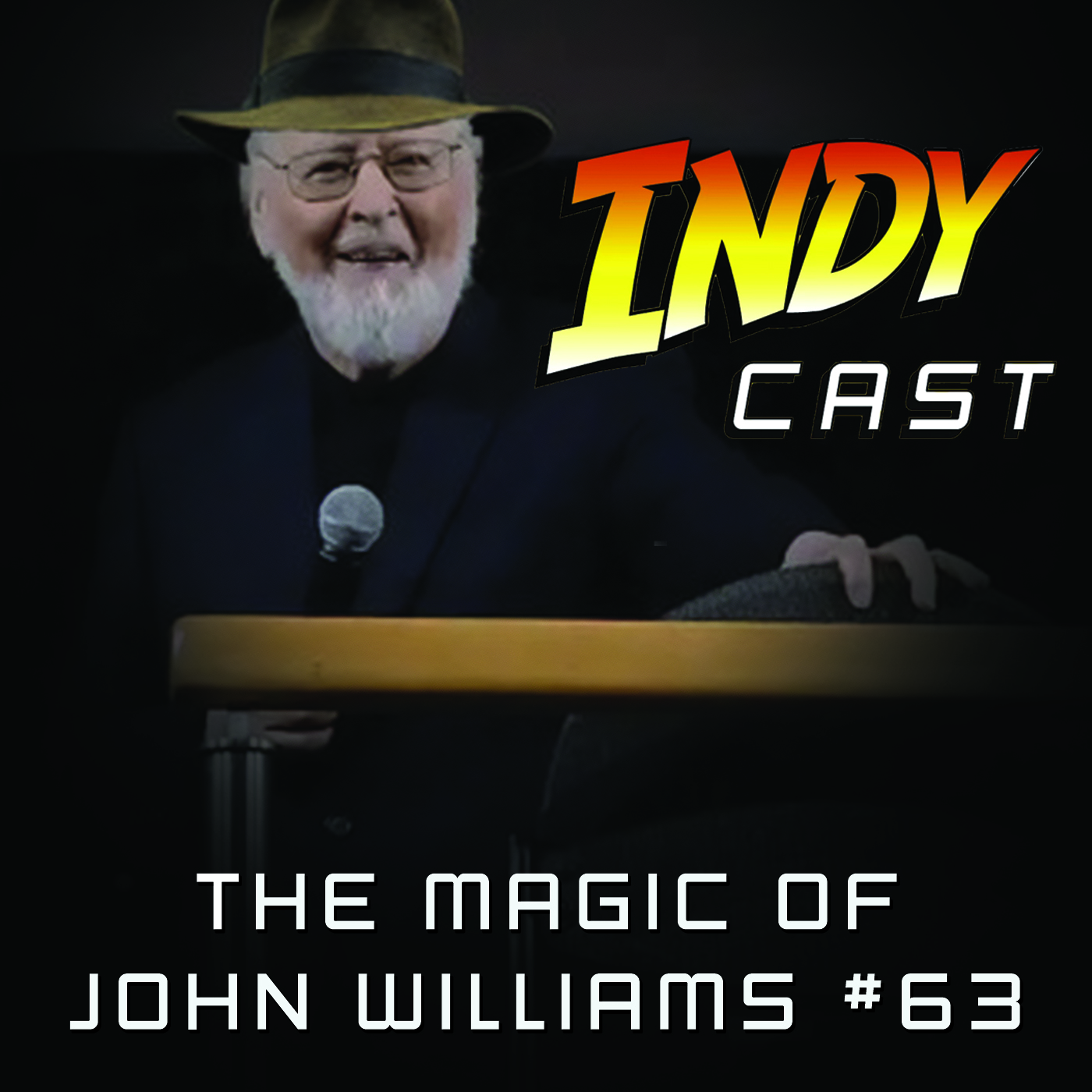
Introduction
John Williams is often regarded as one of the most successful movie composers in Hollywood history. His work has transcended generations, shaping the sound of modern cinema with iconic scores that evoke powerful emotions. This article explores his journey, significant contributions to film music, and the lasting impact he has had on the industry.
Early Life and Education
Born on February 8, 1932, in Floral Park, New York, John Williams demonstrated an early passion for music. After serving in the United States Air Force as a member of the U.S. Army Air Forces Band, he pursued formal music education at the Juilliard School and the University of California, Los Angeles (UCLA). His diverse training laid the groundwork for his later career in film composition.
Career Breakthrough
Williams’ career began in the 1950s as a studio pianist and arranger for various television shows and films. However, it was his collaboration with director Steven Spielberg that marked a turning point in his career. Williams scored Spielberg’s first major film, “Sugarland Express” in 1974, which set the stage for future collaborations that would define cinematic history.
Iconic Scores
The 1977 release of “Star Wars” catapulted Williams into international stardom. The iconic score not only became synonymous with the franchise but also revolutionised the role of music in film. This was followed by his work on other significant films such as “Jaws” (1975), “Indiana Jones” series, “E.T. the Extra-Terrestrial” (1982), “Jurassic Park” (1993), and the “Harry Potter” series. His ability to create memorable motifs and themes has made his music instantly recognisable and beloved worldwide.
Awards and Recognition
Throughout his career, John Williams has received numerous accolades for his contributions to film music. He has won five Academy Awards, 25 Grammy Awards, and numerous other honours, solidifying his status as one of the greatest composers of our time. His music has not only enhanced the films he scored but also contributed to the narrative and emotional experiences of audiences, making him a pivotal figure in the evolution of film soundtracks.
Conclusion
As John Williams continues to compose, his legacy remains firmly established in the pantheon of cinematic composers. His ability to craft timeless and emotionally impactful scores has changed the landscape of film music, influencing countless composers who followed in his footsteps. The ongoing relevance of his work serves as a testament to his skill and creativity, ensuring that future generations will appreciate his contributions for years to come.
You may also like

Unveiling the Send Help Movie: A Gripping Thriller

Understanding the Current Situation in Chechnya
